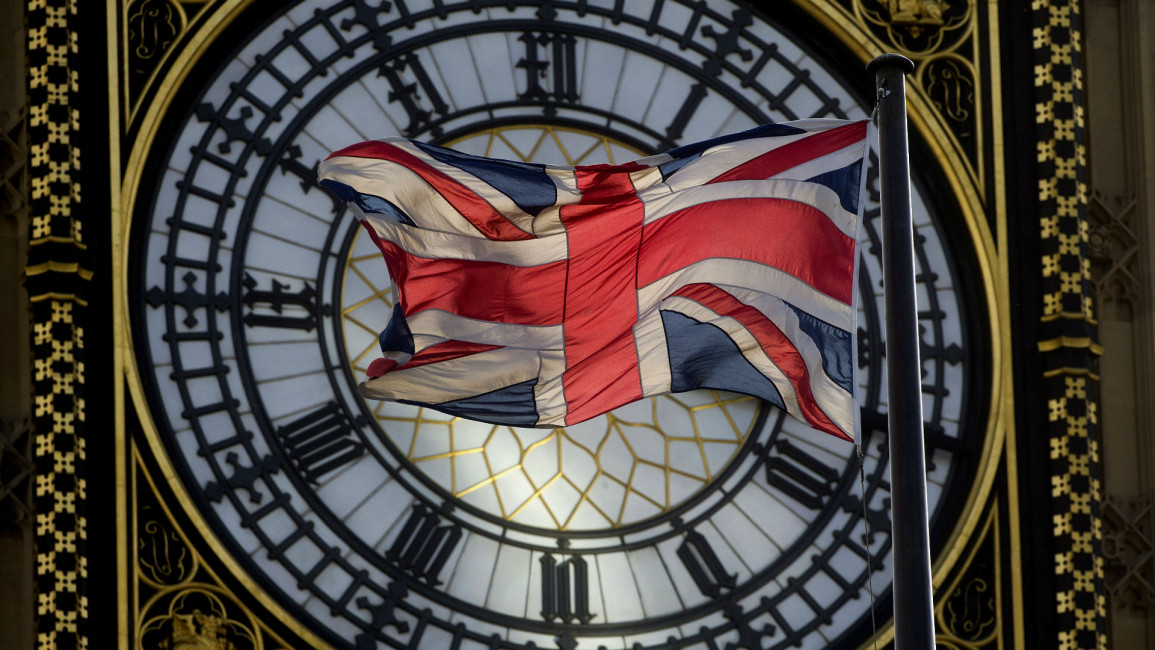UK intelligence chief seeks greater powers
Militants in Syria are planning "mass casualty attacks" on Western targets, the head of British intelligence agency MI5 has warned, saying the deadly shooting in Paris was only a reminder of an ongoing threat.
Security Service chief Andrew Parker was referring in particular to a group of fighters known as Khorasan, sources said, who have been targeted by US warplanes in strikes in northwest Syria.
He warned that intelligence agencies needed more powers, in particular to intercept communications, but added: "Although we and our partners try our utmost, we know that we cannot hope to stop everything." Parker, who has led Britain's domestic intelligence agency since 2013, was speaking late Thursday, a day after gunmen stormed the offices of French satirical magazine Charlie Hebdo in Paris and killed 12 people.
He said it was too early to judge the details or the origin of the attack, but it was a "terrible reminder of the intentions of those who wish us harm".
The Islamic State group in Syria and Iraq is a well-known threat, targeting Britain and seeking to radicalise Britons, with Parker saying an estimated 600 have gone there to fight.
But the MI5 chief added: "We know, for example, that a group of core Al-Qaeda terrorists in Syria is planning mass casualty attacks against the West."
US officials say the group includes Al-Qaeda operatives from Afghanistan and Pakistan who made their way to Syria, although experts caution they are not a distinct group but are part of Al-Nusra Front, Al-Qaeda's Syrian branch.
More powers
After laying out the threats, Parker made a fresh call for more powers for the security services an issue that is of ongoing and heated debate in Britain, as elsewhere.
"My sharpest concern as director general of MI5 is the growing gap between the increasingly challenging threat and the decreasingly availability of capabilities to address it," he said.
A previous bill to force companies to keep data about people's online conversations, social media activity, calls and texts for a year was dropped after opposition from the junior coalition partners in the government.
But another law was published in November that would oblige Internet service providers to hand over data on Internet Protocol (IP) addresses to trace individual smartphone and computer users.
French Prime Minister Manuel Valls made a similar point Friday, saying: "It will be no doubt necessarily to take new measures" to respond to the terror threat. France has invited ministers from other European countries and the United States to Paris on Sunday to discuss their common security challenges.


![President Pezeshkian has denounced Israel's attacks on Lebanon [Getty]](/sites/default/files/styles/image_684x385/public/2173482924.jpeg?h=a5f2f23a&itok=q3evVtko)



 Follow the Middle East's top stories in English at The New Arab on Google News
Follow the Middle East's top stories in English at The New Arab on Google News


